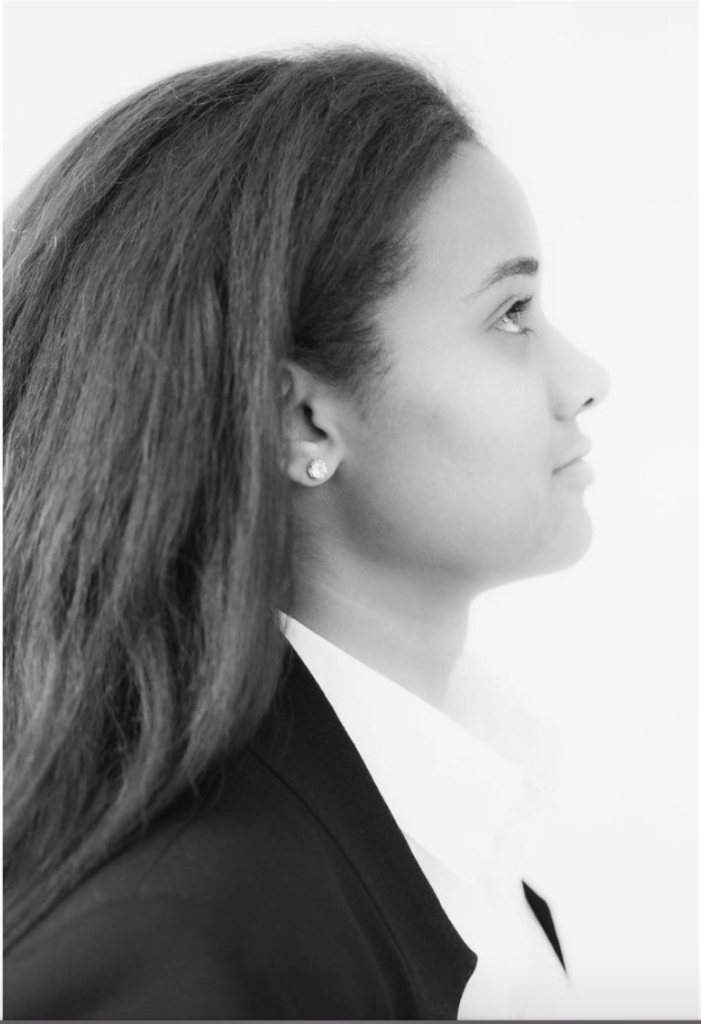
Channing Smith is a woman of many talents: filmmaking, photography, and screenwriting being a small few. I spoke with her one on one about how she balances her artistic inclinations with her mental health and political involvement as a student.
TC: Can you give me the official rundown of your major?
CS: I am a senior film major. I’ve really concentrated on documentary [film] just because I think it’s a really amazing social justice tool to teach and inform other people about issues that they might think is not a concern to them. Documentary film tells you, Hey, this is happening. And you might not know it, but you should know about it now. And here’s why you should know about it.
So currently–you’re kind of getting a new exclusive here– my senior thesis is going to be about women’s experiences in solitary confinement. And I’ve actually been speaking with women for months now who have experienced solitary, whose wives are in solitary, whose mothers, sisters, and daughters are in solitary. Because I think that the narrative around incarceration, especially working with Re/Creation is really centered around men, which there’s nothing wrong with that because there are disproportionately a lot of Black men that are in prison. But I think we also need to not forget women. As a woman myself, I would want to be included in that story. So it’s about women in solitary confinement and the treatment that we don’t see.
TC: I think the project that you’re describing is so necessary in the representation and the work that it does. It reminds me of Just Mercy by Bryan Stevenson and how heartbreaking it was to read. It’s reporting live and it’s giving these people humanity.
How does your art relate to your political stances?
CS: So first I would like to say one that I am Black. I am a woman and a member of the LGBTQIA+ community. And all of that is already enough to make a statement when I’m in the room, you know? I am a masculine presenting woman. I don’t conform to what women should do or what women should say or how women should act [according to] patriarchy and racism. So with that being said, my being is political. My personhood is being policed in multiple ways every day. And so in order to combat that my work has to be political because that’s my life.
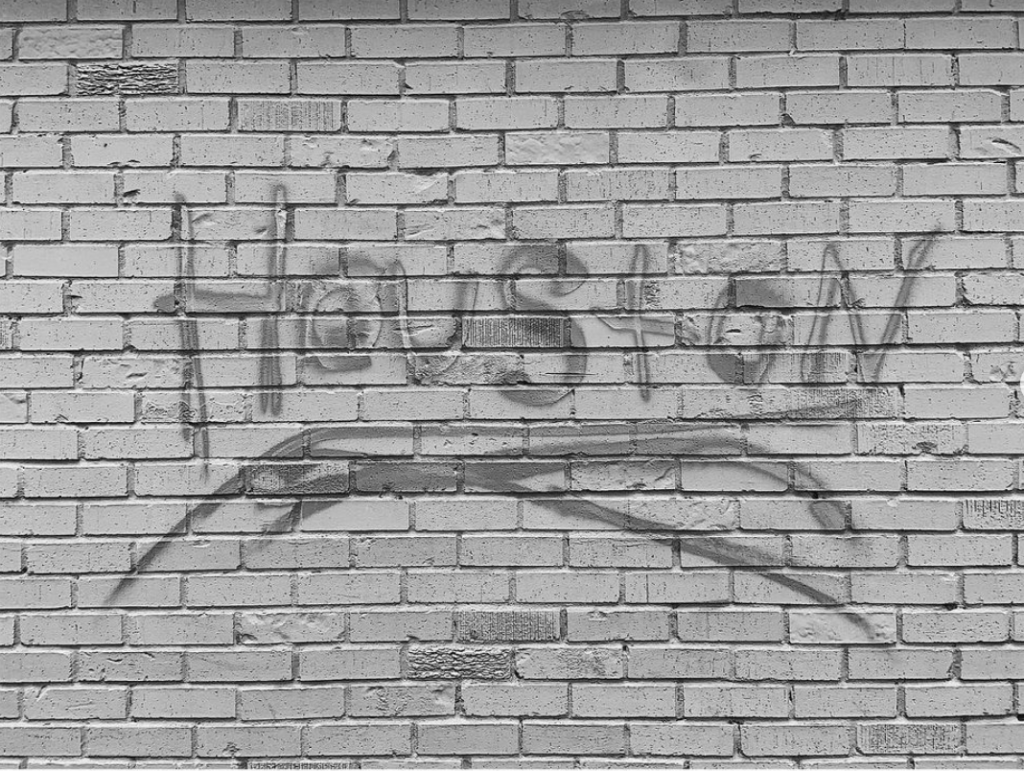
TC: How does your art relate to your mental health?
CS: In terms of mental health I definitely will say that there’s kind of a bifurcation between helping and hindering. Meaning, [I’m often] stuck on something for so long and I’m just beating myself up about it when it’s not perfect yet, but then really when is a piece ever finished? When is a piece ever perfect? When will it ever be exactly the way I see it in my head? Probably never; it never really ends up happening that way. And I just have to have someone tell me to stop and just put it down.
My mind is really full all the time, racing all the time. And some of that is in my control and some of it isn’t, but I will say that art, my medium specifically, really helped with being able to relieve that sense of busy-ness. Even if I’m writing a script and to a normal person it may seem like there’s a lot going on, [for me] that’s the most still my brain can be. I feel the most energized after I’ve done a shoot with someone. I love being on sets. I feel like my mind is most still when there’s chaos going on around me which is very hard to explain to people who don’t understand or have some sort of mental illness.
TC: How would you say that you manage stress and anxiety as it relates to your work? And then also as it relates to world events? Because I personally could only imagine working in a field that relates so closely to heavy subjects like mass incarceration and inequality. At some point it can weigh on you.
CS: One, I will be completely transparent and say medication. [It’s important to] just take care of myself first. And if that means medication, if that means therapy, if that means working out [that will help me] to optimize myself. Also, probably the thing that I’ve found to be most important is finding community in those areas.
I definitely have different sets of communities. When I’m dealing with mass incarceration work, I have my Re/Creation family. And we’ve all been in the thick of it since the very beginning of Re/Creation. And then I have my film community. So that has really helped.
Because it is a tough thing to also learn that a lot of artists in any medium deal with anxiety and depression. It’s kind of a weird reality to live in where some of the most beautiful art or the most thought provoking or the most emotionally provoking art in whatever medium was made by someone who had a mental illness. I can still create art in the mental state just exactly how I am. So that’s also kind of cool, but in a creepy cool kind of way.
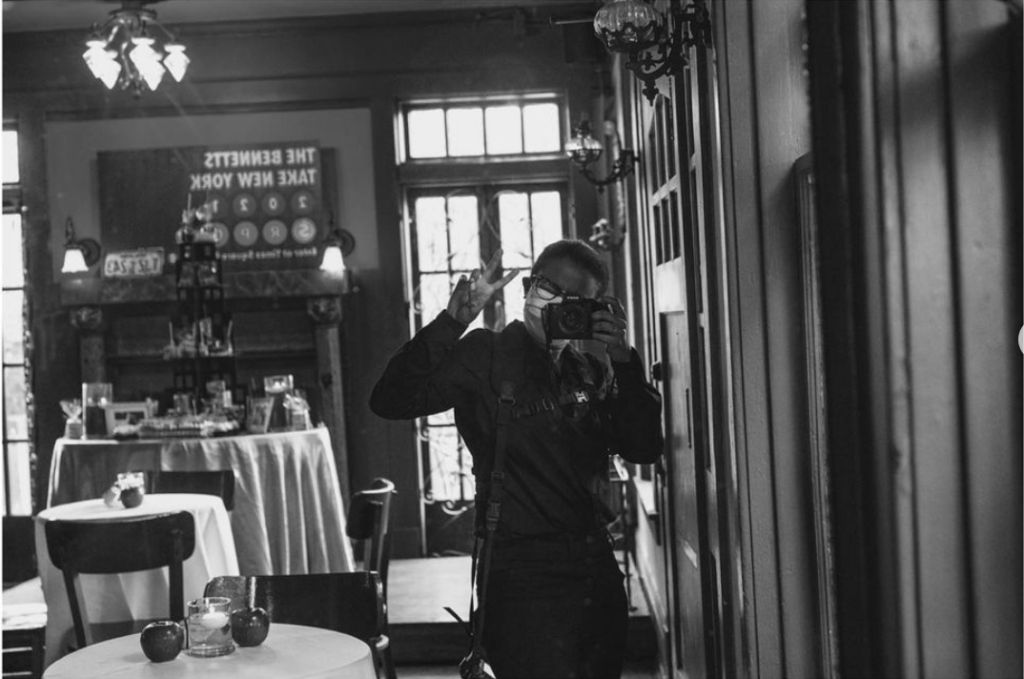
TC: Do you have any advice for other artists and other creatives about how to balance mental health, art, and political involvement?
CS: One day at a time, honestly. I feel like people with depression and anxiety often think about the world on a much broader level. And it’s just like, man, everything kind of sucks.
And so I was thinking about that and [talking with] my friends and they were just like, you just got to be gentle with yourself. You just gotta take it one day at a time and one project at a time, one idea at a time.
To learn more about Channing’s prison abolition work with Re/Creation, visit: https://reslashcreation.com/
To see Channing’s latest artistic projects, visit her art Instagram page @Lightandsmith
By Taylor Custis
Taylor Custis is a recent graduate of NYU where she made her own major because it sounded like a cool thing to do. She enjoys stories of all kinds, ethnic foods, and spiritually charged candles. She is currently in Queens embarking on a career in written and visual storytelling.
For over 20 years, the Campus Clipper has been offering awesome student discounts in NYC, from the East Side to Greenwich Village. Along with inspiration, the company offers students a special coupon booklet and the Official Student Guide, which encourages them to discover new places in the city and save money on food, clothing, and services. At the Campus Clipper, not only do we help our interns learn new skills, make money, and create wonderful e-books, we give them a platform to teach others. Check our website for more student savings and watch our YouTube video showing off some of New York City’s finest students during the Welcome Week of 2015.


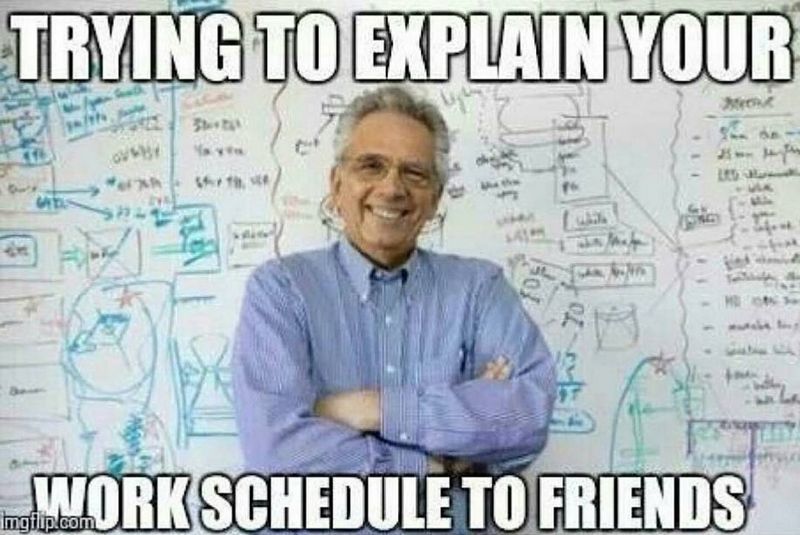
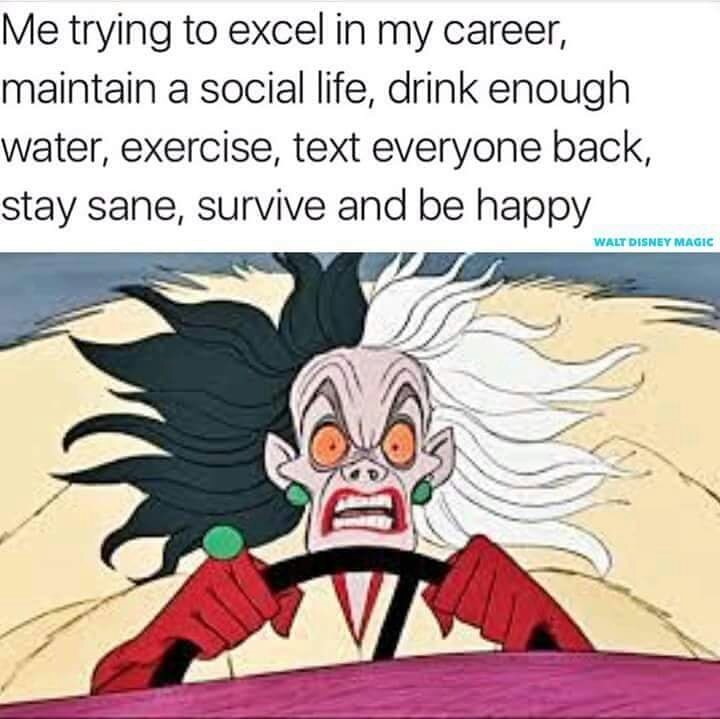
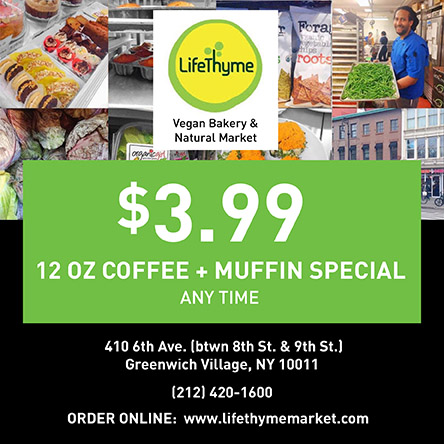

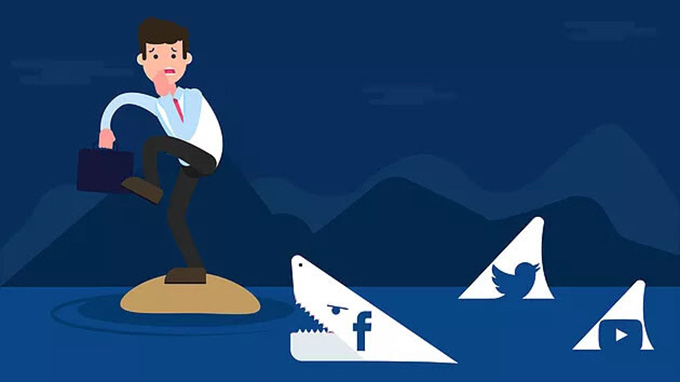


 Despite the stress of city life, it is surprisingly difficult to work up a sweat in New York. Exercise is something we often have to schedule time for, and whether hitting the gym, or running laps around Central Park. It isn’t always the most enjoyable part of our day.
Despite the stress of city life, it is surprisingly difficult to work up a sweat in New York. Exercise is something we often have to schedule time for, and whether hitting the gym, or running laps around Central Park. It isn’t always the most enjoyable part of our day.

